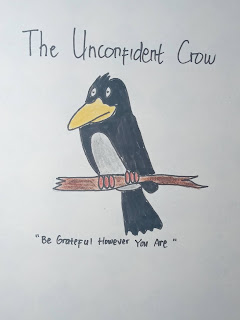Explanation Text
Precipitation is a vital component of how water moves through earth's water cycle, connecting the ocean, land, and atmospher knowing where it rains, how much it rains and the character of the falling rain, snow, or hail allows scientists to better understand preciptition's impact on streams, rivers, surface runoff and groundwater. Freequent and detailed measurement help scientist make models od and determine changes in earth's water cycle. Hence it is quite important to understand and learn the processes of the water cycle.
Step 1: Evaporation
The water cycle starts with evaporation. It is a
process where water at the surface turns into water vapors.
Step 2: Condensation
As water vaporizes into water
vapor, it rises up in the atmosphere. At high altitudes the water
vapors changes into very tiny particles of ice /water droplets because
the temperature at high altitudes is low.
Step 3: Sublimation
Apart from evaporation, sublimation also
contributes to water vapors in the air. Sublimation is a process where
ice directly converts into water vapors without converting into liquid
water. T
Step 4: Precipitation
The clouds (condensed water vapors) then pour down
as precipitation due to wind or temperature change. This occurs because
the water droplets combine to make bigger droplets. Also when the air
cannot hold any more water, it precipitates. These
water droplets fall down as rain. If the temperature is very low (below 0
degrees), the water droplets fall as snow. Water also precipices in the
form of drizzle, sleet and hail. Hence water enters lithosphere.
Step 5: Transpiration
As water precipitates, some
of it is absorbed by the soil. This water enters into the process of
transpiration. Transpiration is a process similar to evaporation where
liquid water is turned into water vapor by the plants.
Step 6: Runoff
As the water pours down (in whatever form), it
leads to runoff. Runoff is the process where water runs over the surface
of earth. When the snow melts into water it also leads to runoff.
| Step 7: Infiltration |
Why Do The Season Change
It has nothing to do with sun - earth distance. It's a wrong concept. Earth's distance through out the year doesn't make much different to our weather. Earth's exist is titled out an argle of 23,5 degrees. But, the imagenary exist always points in same direction. So, through out the year, different parts of earth get the sun's direct rays. And that is the reason why we have different season.


Komentar
Posting Komentar